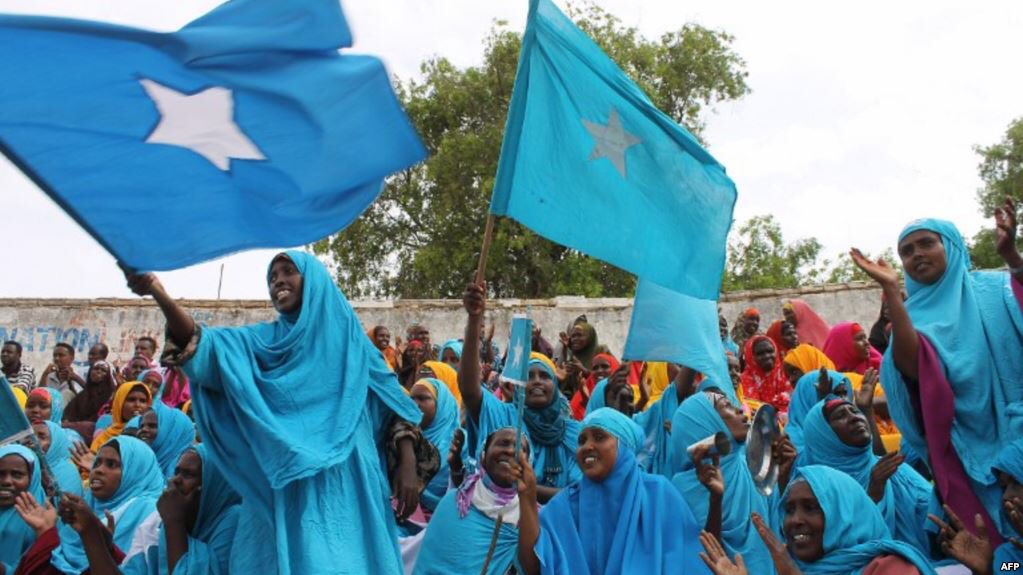Somalia has finally been accepted as a member of the East African Community (EAC) after years of lobbying. The Somali Federal Parliament still needs to ratify the membership for it to become official. The process to join the EAC began in 2011 under former President Sharif Sheikh Ahmed, but there was hesitancy among some member states regarding Somalia’s inclusion. However, President Hassan Sheikh Mohamud appointed a special envoy to expedite the admission process, leading to Somalia’s acceptance into the bloc during an EAC summit in Arusha, Tanzania, in 2023. Critics raised concerns about security challenges, but experts argued that Somalia has made progress in combating al-Shabab and that other EAC members also face security issues. Somalia’s membership is expected to benefit both Somalia and the existing EAC member states, including Burundi, the Democratic Republic of the Congo, Kenya, Rwanda, South Sudan, Uganda, and Tanzania.
The EAC was established in 2000 to promote economic growth by eliminating customs duties among member states, with a common market established in 2010. Somalia’s primary economic sectors are livestock and agriculture, which have been affected by climate change. Despite the country’s three decades of political instability and al-Shabab’s rise after the collapse of its government in 1991, Somalia’s trade volume with neighboring countries has significantly decreased. However, analysts believe that Somalia’s integration with its neighbors could be beneficial due to its long coastline, potential offshore resources, diaspora connections, and strategic location. Some Somalis have expressed reservations about the integration, emphasizing the need for stable governance and resources before joining the bloc.
There are several challenges ahead for Somalia as a member of the EAC. The country must convert elements of the treaty into law within six months, which may be difficult considering Somalia’s track record on governance, human rights, rule of law, and socioeconomics. Frictions between the federal government and member states could also hamper the treaty’s smooth ratification. Additionally, Somalia’s lack of infrastructure, including an independent judiciary, may limit its ability to fully participate and benefit from the bloc’s resolutions.
The integration could also impact conflict resolution efforts. Somalia has had disputes with its autonomous region of Somaliland and a maritime dispute with Kenya. The EAC could provide a platform for resolving these issues and maintaining peace. The recent winding down of the AU Transition Mission in Somalia and the potential deployment of a regional force to combat al-Shabab further highlight the potential benefits of Somalia’s membership for the wider region. (Source: Al Jazeera)

